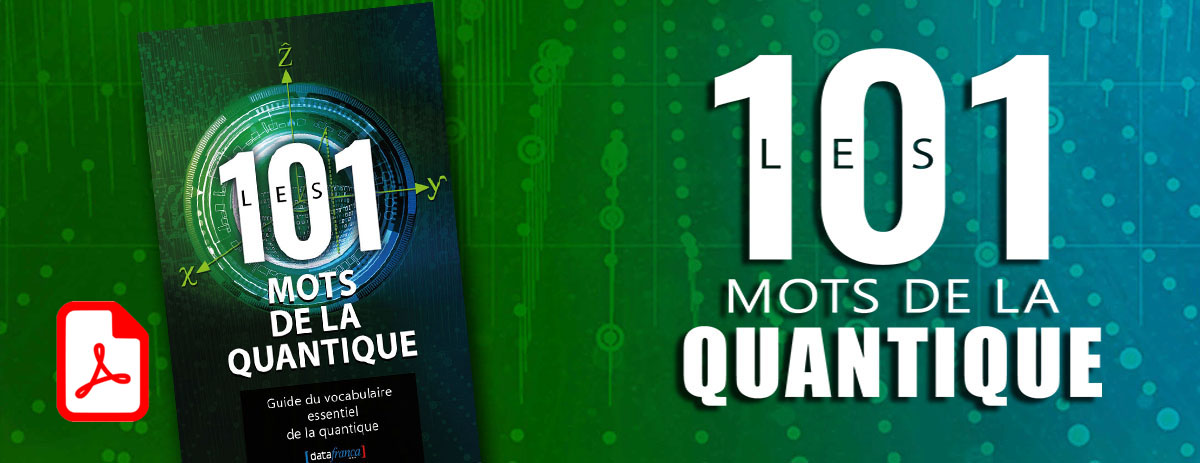« Anaphore » : différence entre les versions
(Page créée avec « == en construction == Catégorie:Vocabulary Catégorie:Traitement du langage naturel Catégorie:UNSW == Définition == xxxxxxx == Français == xxxxxxx ==... ») Balise : Éditeur de wikicode 2017 |
Aucun résumé des modifications Balise : Éditeur de wikicode 2017 |
||
| Ligne 1 : | Ligne 1 : | ||
== en construction == | == en construction == | ||
[[Catégorie:Vocabulary]] | [[Catégorie:Vocabulary]] | ||
[[Catégorie:Traitement du langage naturel]] | [[Catégorie:Traitement du langage naturel]] | ||
[[Catégorie:UNSW]] | [[Catégorie:UNSW]] | ||
[[Catégorie:Scotty]] | |||
== Définition == | |||
Une anaphore consiste à répéter un ou des mot(s) identique(s) au début ou à la fin de vers ou de phrase. | |||
L'anaphore en rhétorique est distinct de l'anaphore grammaticale, qui est un procédé de la langue consistant à utiliser un élément discursif (pronom, adverbe, adjectif, etc.) renvoyant à un constituant qui précède et qui est nécessaire à son identification et à son interprétation. Voir aussi '''[[Cataphore]]''' | |||
== Français == | == Français == | ||
'''Anaphore''' <small> nom fém. </small> | |||
== Anglais == | == Anglais == | ||
''' | '''Anaphor''' | ||
<small> | |||
[https://fr.wikipedia.org/wiki/Anaphore_(rh%C3%A9torique) Source : Wikipedia] | |||
[http://www.cse.unsw.edu.au/~billw/nlpdict.html Source : UNWS Natural Language Processing Dictionary ] | [http://www.cse.unsw.edu.au/~billw/nlpdict.html Source : UNWS Natural Language Processing Dictionary ] | ||
Version du 14 mai 2020 à 07:31
en construction
Définition
Une anaphore consiste à répéter un ou des mot(s) identique(s) au début ou à la fin de vers ou de phrase.
L'anaphore en rhétorique est distinct de l'anaphore grammaticale, qui est un procédé de la langue consistant à utiliser un élément discursif (pronom, adverbe, adjectif, etc.) renvoyant à un constituant qui précède et qui est nécessaire à son identification et à son interprétation. Voir aussi Cataphore
Français
Anaphore nom fém.
Anglais
Anaphor
Contributeurs: wiki










